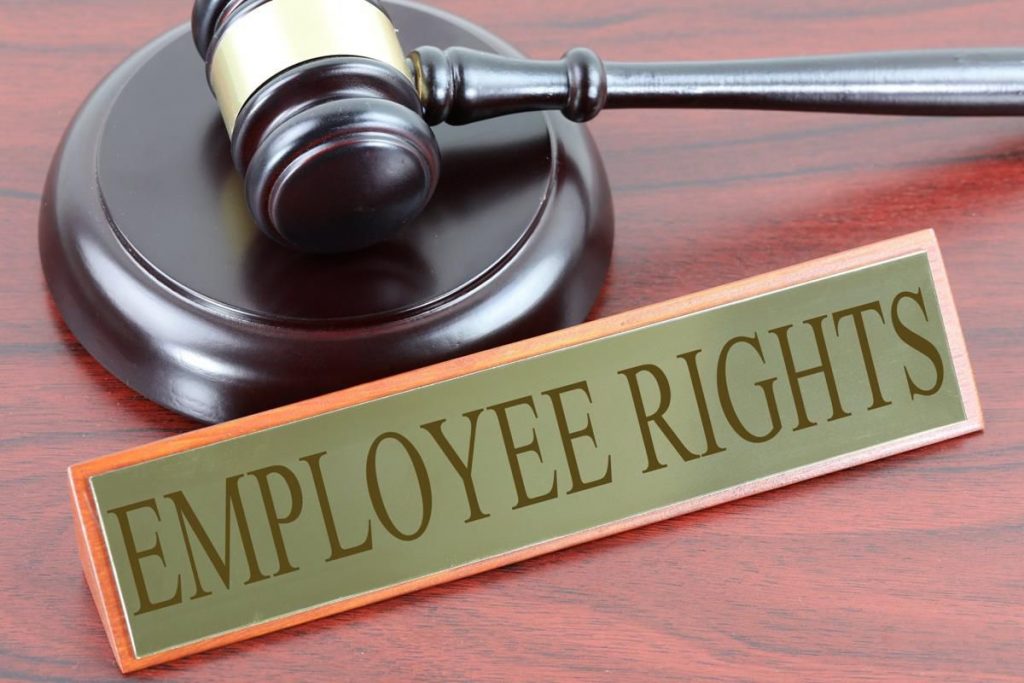The fatality of breaching your own IR procedure

On July 13, 2020, the Privy Council delivered a judgement that had its roots from an award from our Industrial Court. It was one of interest to me, due to the actions and responses of the representatives of both the Port of Spain Borough Corporation and the Chief Personnel Officer (the legal employer). I will therefore lay out the said actions in this article and offer my views and opinion. Be warned that herein lies a very lengthy case with bungled and misguided steps for the internal resolution of this dispute and note that I cannot possibly cover all elements of this complex case in one article.
In 2012, Her Honour Bindimattie Mahabir delivered judgement regarding Trade Dispute No 25 of 2008 between the Amalgamated Workers’ Union and the Chief Personnel Officer, in November 2012. The origins of this dispute arose from an incident which occurred 13 years before, in 1999.
It was alleged that on May 7, 1999 the worker stole property belonging to the corporation. On May 8, he was orally informed that he was suspended without pay. On May 13, the superintendent of the corporation wrote to the city clerk confirming the worker’s oral suspension. The worker was arrested, charged and the matter heard before a magistrate who eventually dismissed the case in 2002.
Pursuant to the decision at the magistrate’s court, the union wrote the corporation seeking the reinstatement of the worker as a matter of procedure. This was refused and the corporation instead commenced disciplinary proceedings against the worker almost three years after he was initially suspended.
Now, for those of us who may be versed in the craft of industrial relations, several bright red flags are now violently waving before our eyes. Firstly, the worker is suspended indefinitely without pay, rendering him constructively dismissed. Secondly, the inordinate length of time between the suspension and the commencement of the internal disciplinary process would by itself alone, threaten the fairness of its outcome.
The acceptable action should have been to send the worker on administrative suspension with pay, pending the outcome of an internal investigation. This investigation could have even been conducted simultaneously with the police investigation. It is important to note that the corporation has its internal grievance procedures to use as a guide, which lays out the disciplinary process – which the corporation failed to apply.
And it even gets worse. During the disciplinary hearing the union discovered that the corporation considered the worker to have been terminated because someone determined that he voluntarily resigned because of his lack of interest in his employment. At this juncture, the union rightfully asked how could charges be laid against someone who the employer claimed was no longer an employee?
The deputy chief clerk took conduct of the disciplinary hearing which continued for almost five years. Remember that throughout the period, the worker was without income as he was still suspended without pay. Mahabir did remind the parties that suspensions are temporary by definition, that the court considers an indefinite suspension to be unlawful and a worker can claim unfair dismissal.
The court also noted that it was the chairperson’s responsibility to take control of the hearing and determine the correct procedures that would be considered fair, practical and an economic use of time, as provided for in their internal procedure.
It then took14 months for a report with recommendations to be sent to the CPO. This was in clear breach of the corporation’s grievance procedure which requires that a decision must be handed down no more than ten days after completion of the hearing.
The union asserted that the time requirement is mandatory. However, the corporation contended that the clause is instead directory and therefore failure to comply within the time limits as stated should not nullify decision given.
Her Honour held that unless permission was given by the opposing party or some special circumstance arose that the time limit must be complied with. The court also relied on the established industrial relations principle that time is of the essence in such matters and requires that all complaints must be dealt with expeditiously.
In 2012, some 13 years after the alleged incident, the court rightly ordered that the worker be immediately reinstated without loss of seniority, with payment for the 13 years he had been suspended. It is this decision that was then appealed by the CPO up to the Privy Council, which dismissed all the CPO’s arguments and completely endorsed the original order of the Industrial Court citing that there was no miscarriage of justice.
So, what do we learn from this decision from our highest court? Well for one, it reinforces the wide range of powers available to our Industrial Court in determining any trade dispute before it, even if a particular issue or remedy was not argued by any party.
The other important issue determined by the Privy Council revolves around the truism that if you breach your own policy and procedure without good reason, you are more than likely to be found wanting by the court. In this case the cost to the taxpayer is in the millions of dollars.

Comments
"The fatality of breaching your own IR procedure"